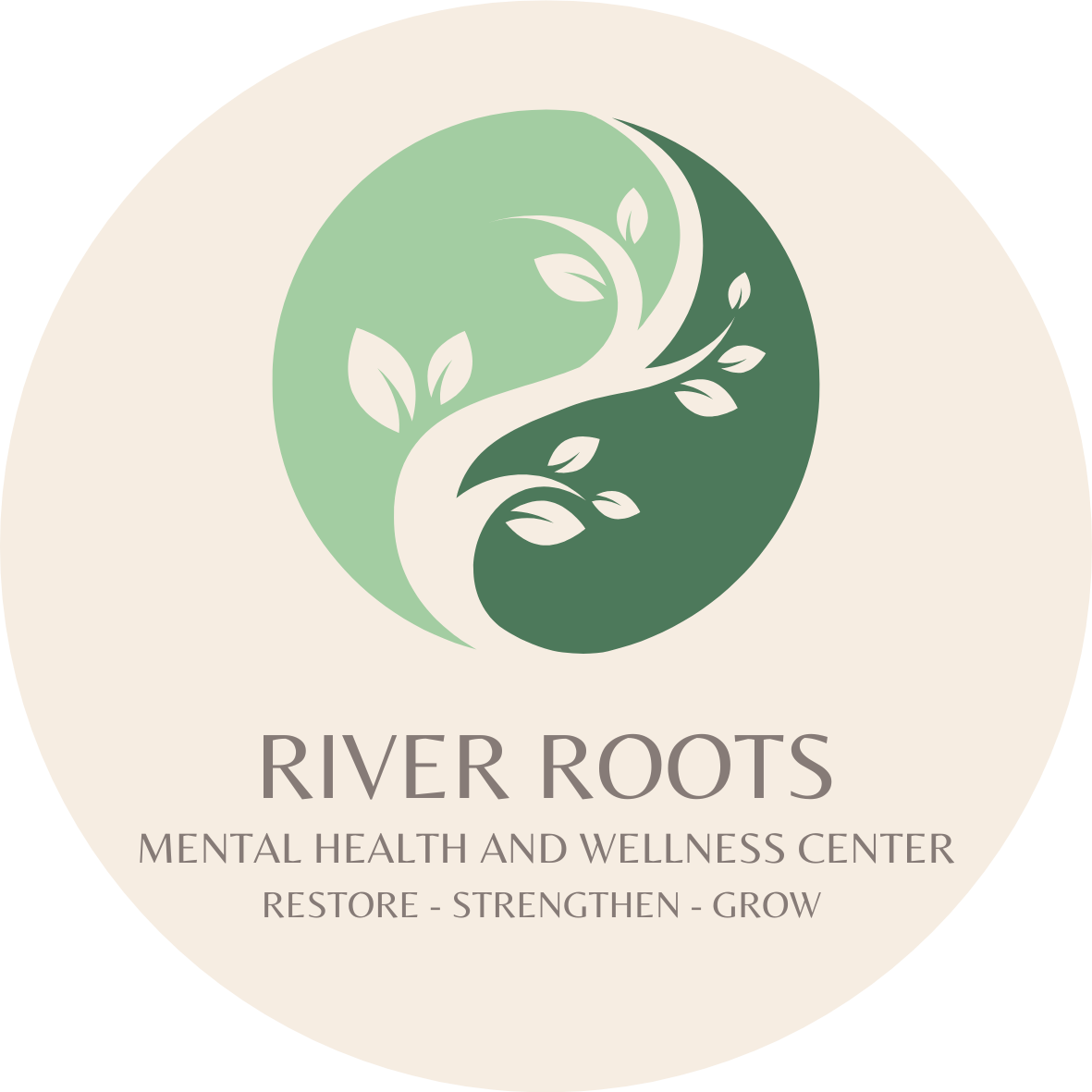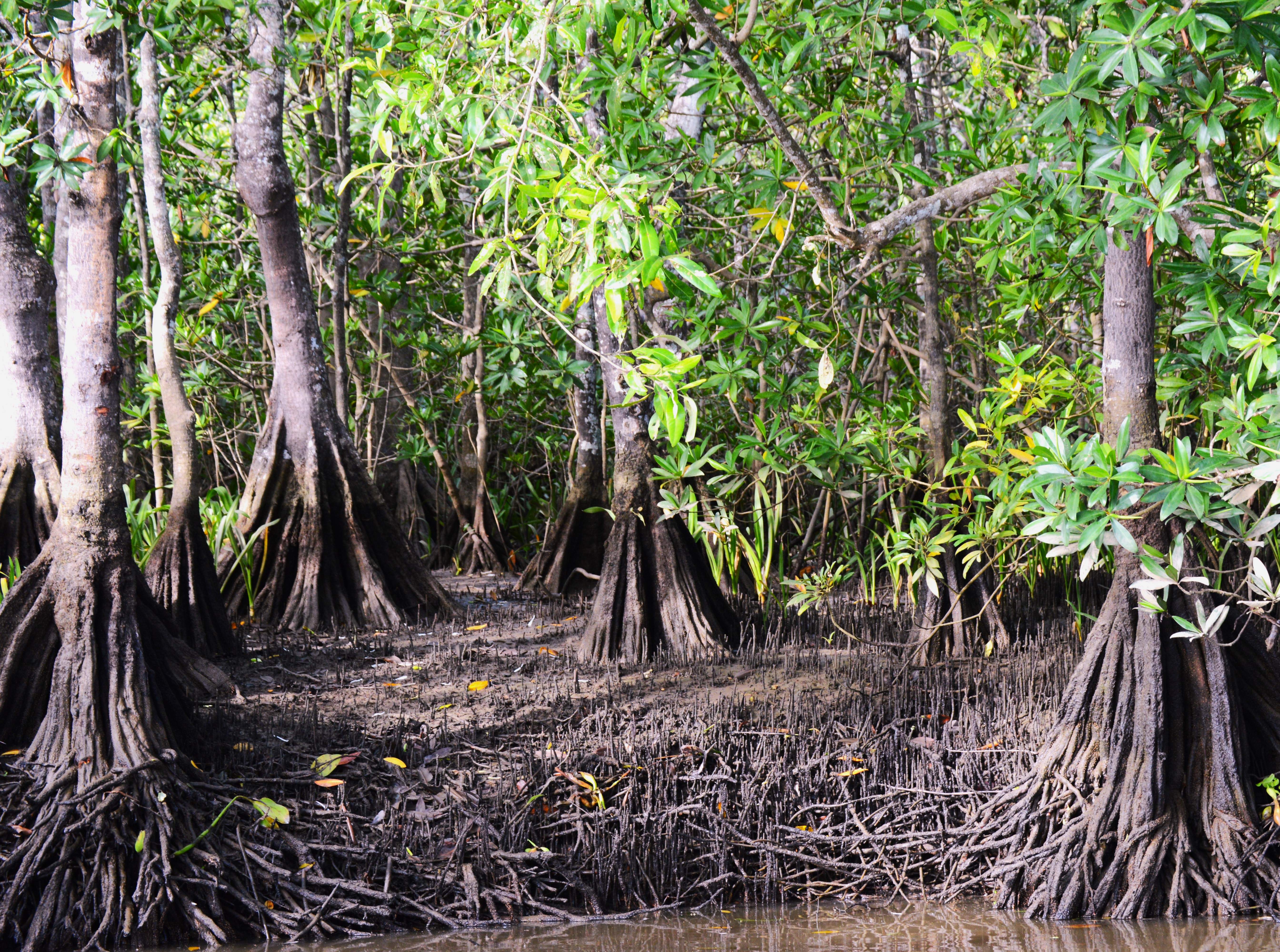Individuals, Couples, Family, & Children’s Therapy at River Roots
What is River Roots Approach to Therapy?
What kind of clients do you see?
In general, we provide therapy for individuals, couples, and families. We see children as young as 3 years of age, teenagers, and adults. Some of the most common therapy issues are anxiety disorders, depression, relationship issues, grief/loss, and trauma. Our clinicians have different specializations & see different age groups. Some or specializations include couple/marital therapy, play therapy, substance abuse, and sexual compulsions. Please see our clinician page & specialty pages for more information.
What about family involvement for children in therapy?
Specialties
What is Play Therapy?
What is a Substance Use Disorder & How can it be treated?
Substance Use Disorder is an illness that can affect anyone, regardless of age, gender, race, ethnicity, or economic status. There are many contributing factors to its development, such as social, environmental, psychological, stress levels, and genetics. Using drugs and/or alcohol puts one at risk for developing dependency. Changes in the brain can occur having lasting effects, even with minimal use. Not only does substance use affect the person, but it also affects those around them. There are many symptoms of a substance disorder including tolerance, craving, loss of control, and physical dependence (withdrawal symptoms). Often, it is not the person using who recognizes the issue first, but rather those around them. Many different types of treatments are available for those affected by a substance use disorder. An assessment can be done to determine the best options, which may include recommendations for individual therapies, group therapies, medication, medically assisted detoxification, and/or a combination of these options. In addition, there are different levels of treatment offered by different community treatment programs depending on the severity of the need. Many have found it necessary to remain connected to a positive ongoing support system once they are in recovery either through a 12-Step program and/or through ongoing outpatient therapy. These services are also important for the loved ones of those in recovery from substance use. Our staff at River Roots Mental Health and Wellness can provide an assessment and make recommendations. We can also provide follow up therapy after intensive substance use interventions, and we can support loved ones impacted by substance use. Our staff will see Adolescents as young as 12 years old through adults, for substance abuse screenings, with a licensed alcohol and drug counselor.
To Learn More about Substance Use Disorders check out additional resources at: https://www.samhsa.gov/
What is Trauma Therapy?
Trauma is any event which triggers a deep emotional reaction, where the individual feels they don’t have the ability to cope with the event, causing them to feel a loss of control in their life. Trauma impacts our emotional, physical, and spiritual selves. Trauma therapy assists people in working through traumatic experiences, and the lasting impact which may follow those experiences. Trauma therapy helps a person identify trauma triggers, understand their reactions to trauma, and acquire coping skills to help them manage thoughts and feelings related to the trauma, and find a sense of control over the trauma. Our staff are trained in helping children, youth, adults, and families. At River Roots Mental Health & Wellness Center, we take a mind-body approach to trauma because trauma impacts the entirety of who we are as a person. Each of our therapists has different specialized training in trauma, please contact our office if you have questions about our different providers & their specialties.
Learn more about Trauma at the National Institute of Mental Health Website: NIMH » Coping With Traumatic Events (nih.gov)
Young Children & Trauma: There used to be an assumption that very young children would not be able to remember trauma, and it wouldn’t impact them as much as older children or adults. We have found, through over 20 years of research, trauma actually impacts very young children, more significantly, than at older ages. Research is also showing very young children need treatment services, which include active & expressive therapies, such as play, art, and body movement. These active & expressive therapies allow young children to access traumatic experiences, build a trauma narrative in an appropriate way for their age, find alternative coping skills, and begin to feel mastery over their trauma. With young children, we will also come alongside caregivers to provide them support during this difficult time. At River Roots Mental Health & Wellness, we will see children, as young as 3 years old, who have experienced trauma.
Learn more about childhood trauma and find resources: The National Child Traumatic Stress Network | (nctsn.org)
Sexual Compulsion
To be determined


